Japan Scientists have developed a method that can significantly restore the original capacity of batteries after they have degraded due to multiple charge-discharge cycles.
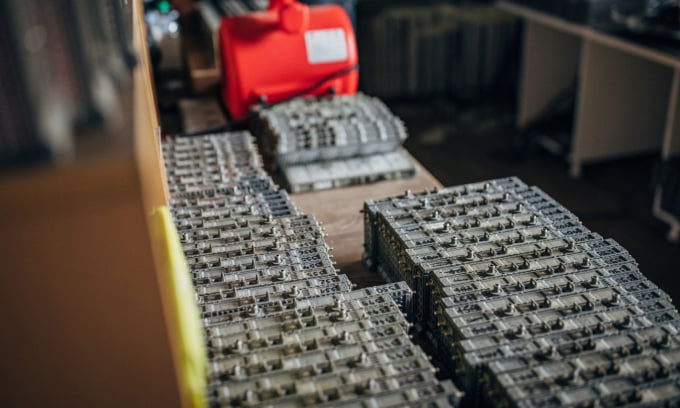
Lithium batteries for electric cars. Photo: South_agency/iStock
Lithium-ion batteries are the most common type of rechargeable battery today, powering vehicles and everyday items like electric cars, laptops, and smartphones. But over time, they lose their ability to store charge, becoming less efficient and less reliable. That’s because they lose the electrically charged particles, or ions, that store and release energy inside the battery.
A team of experts at the Toyota Central Research and Development Laboratory in Japan found a way to replenish these ions and significantly restore the original capacity of the battery, Interesting Engineering reported on March 10. The new research was published in the journal Joule.
Specifically, they injected a special substance called a regenerative reagent into the battery. This substance triggered a chemical reaction that created more electrons and lithium ions, two types of charged particles that help batteries store energy. By adding these particles, the team was able to reverse the battery's degradation and restore 80% of its original capacity. The regenerative battery was able to maintain its performance for 100 charge-discharge cycles.
The team tested the new method on a variety of batteries, large and small, including those used in cars. “The effectiveness was verified not only with small batteries in the lab but also with large batteries used in cars,” said Nobuhiro Ogihara, the study’s lead scientist.
The new method could extend the life of lithium-ion batteries, allowing them to be reused in electric vehicles or other devices rather than being thrown away or undergoing complex disassembly and recycling. This saves money, resources, and the environment, as lithium-ion batteries contain rare metals such as cobalt and nickel, which are often mined in unsustainable ways.
However, the new method is not suitable for all types of degraded batteries, and is only effective for batteries that have lost ions due to repeated charging and discharging, not for batteries that have structural damage or other forms of degradation. In addition, a method for accurately diagnosing the state of the batteries is needed to determine whether they are suitable for chemical injection.
Longer-term studies are needed to understand the potential side effects and safety of injecting chemicals into batteries, said Jacqueline Edge, who studies battery degradation at Imperial College London. The team has filed a patent for the new method, which has attracted interest and funding from a number of companies and government agencies.
Thu Thao (According to Interesting Engineering )
Source link


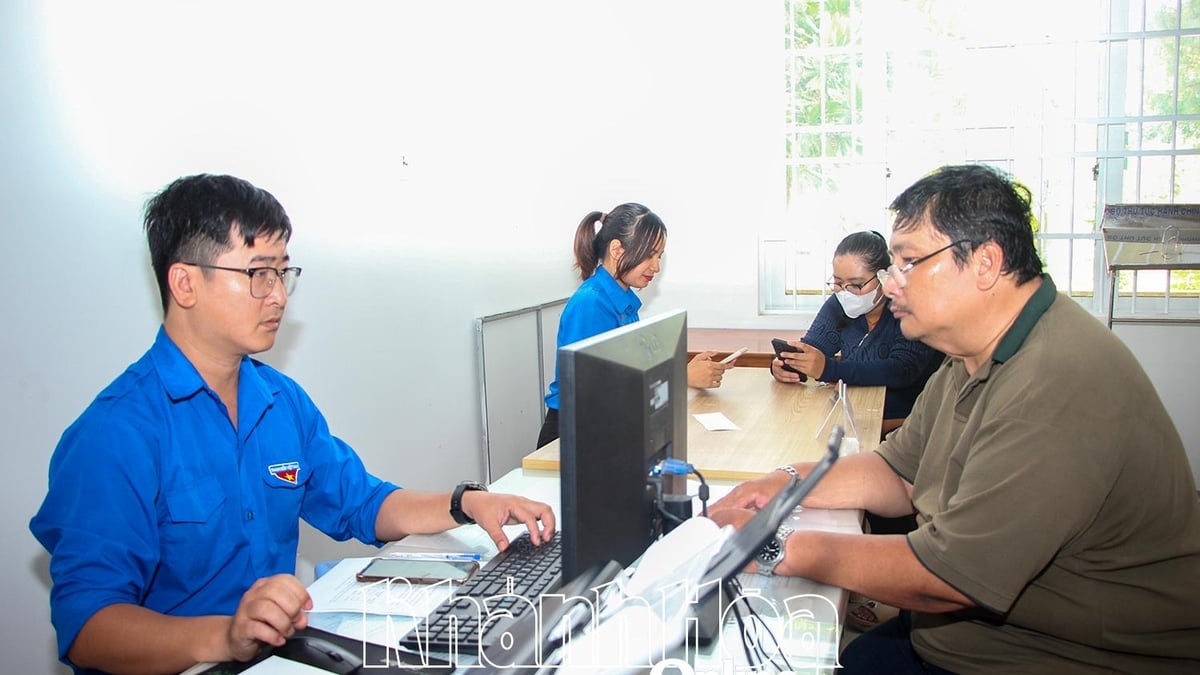
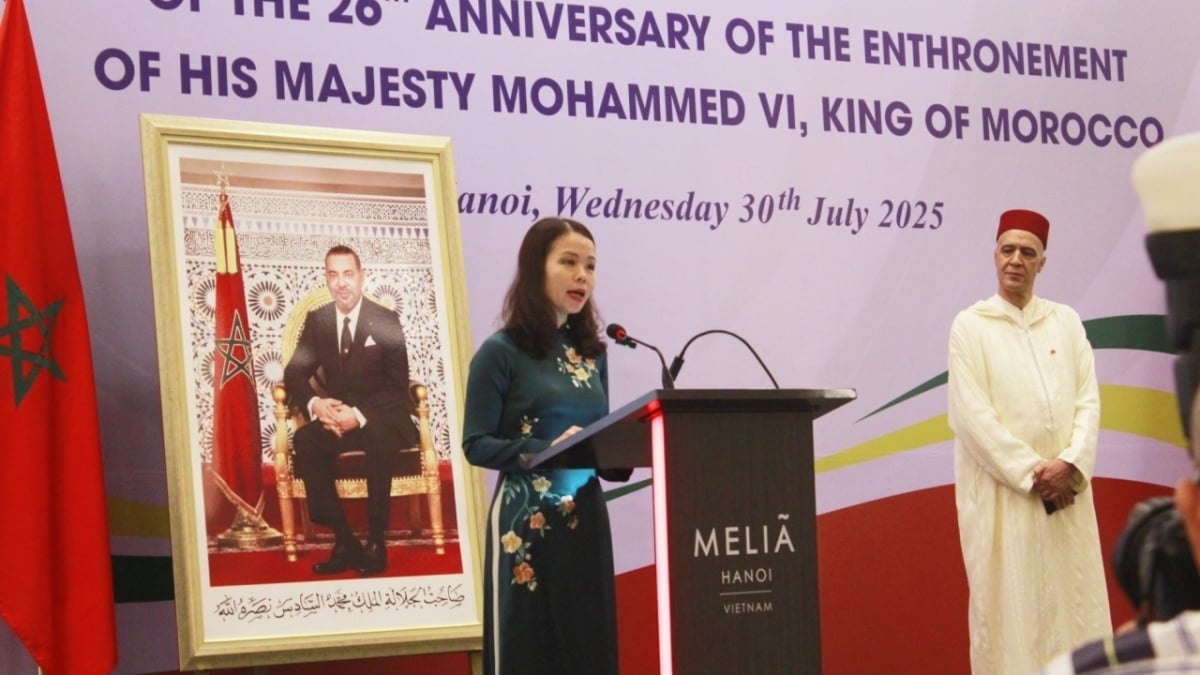

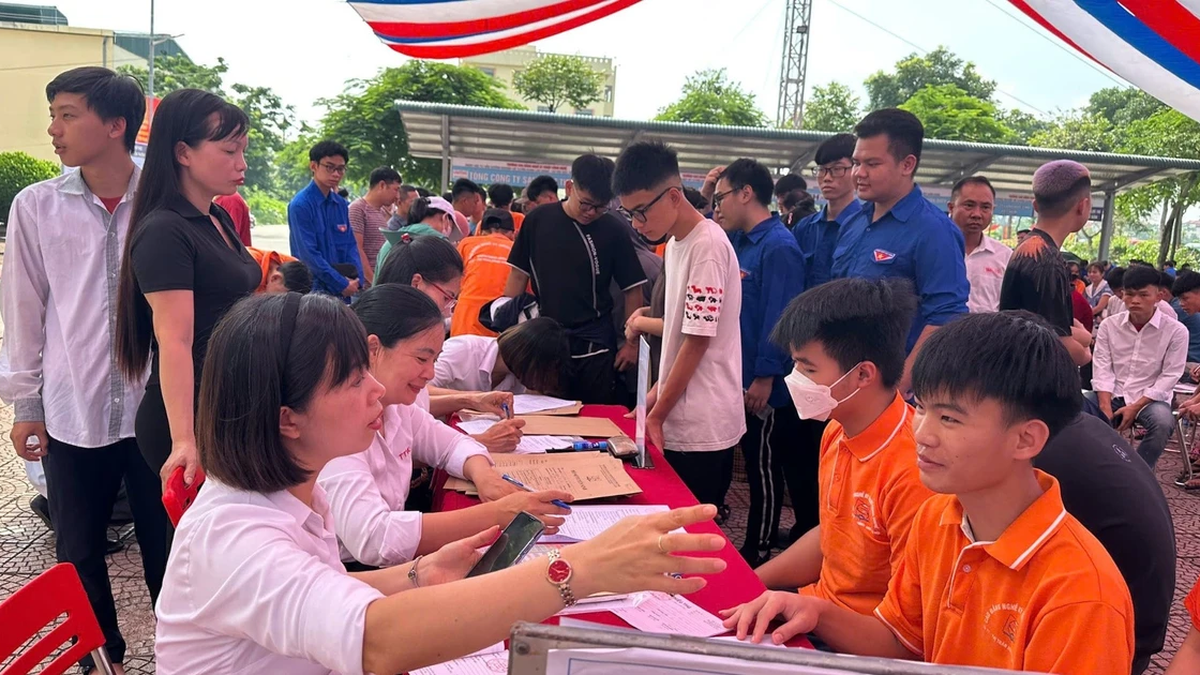


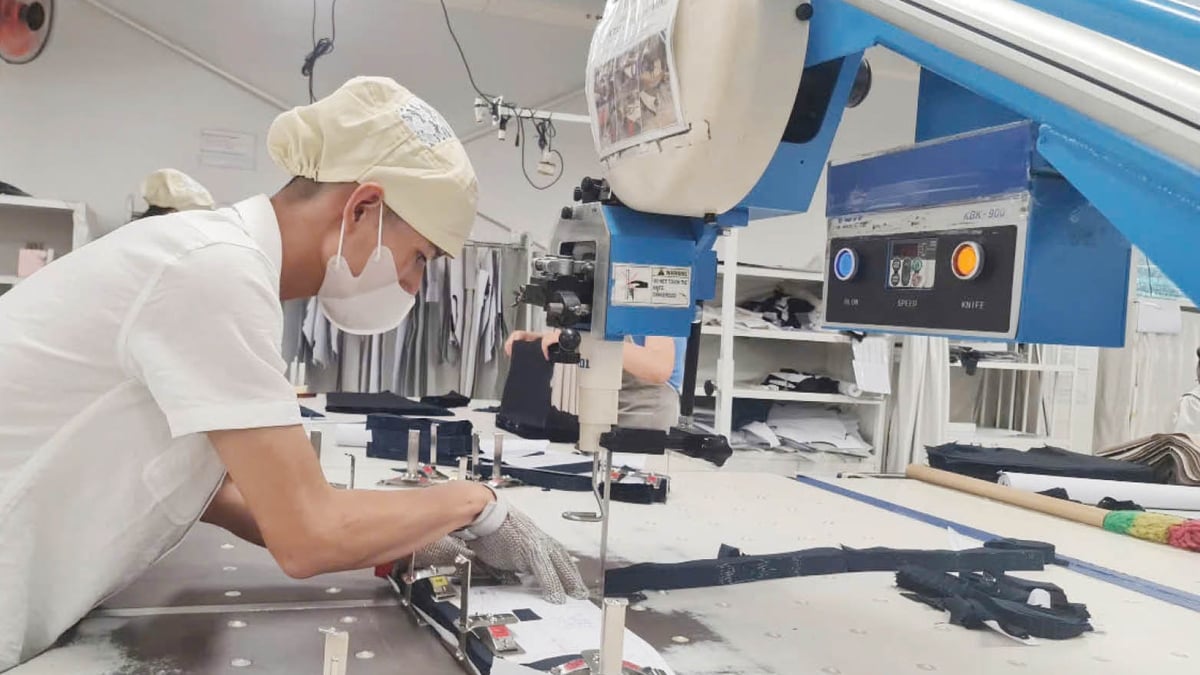















































![[Maritime News] Container shipping faces overcapacity that will last until 2028](https://vphoto.vietnam.vn/thumb/402x226/vietnam/resource/IMAGE/2025/7/30/6d35cbc6b0f643fd97f8aa2e9bc87aea)













































Comment (0)